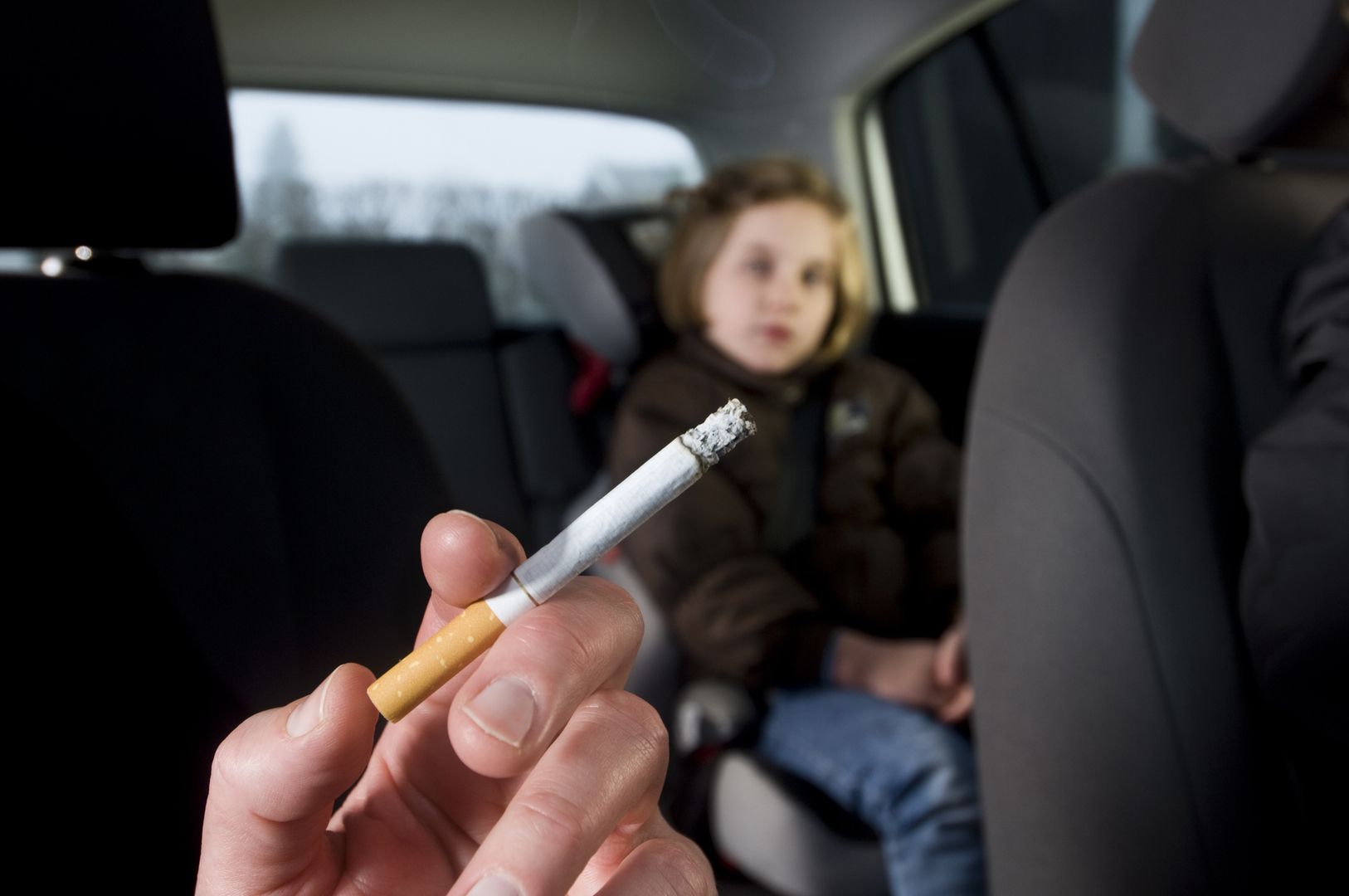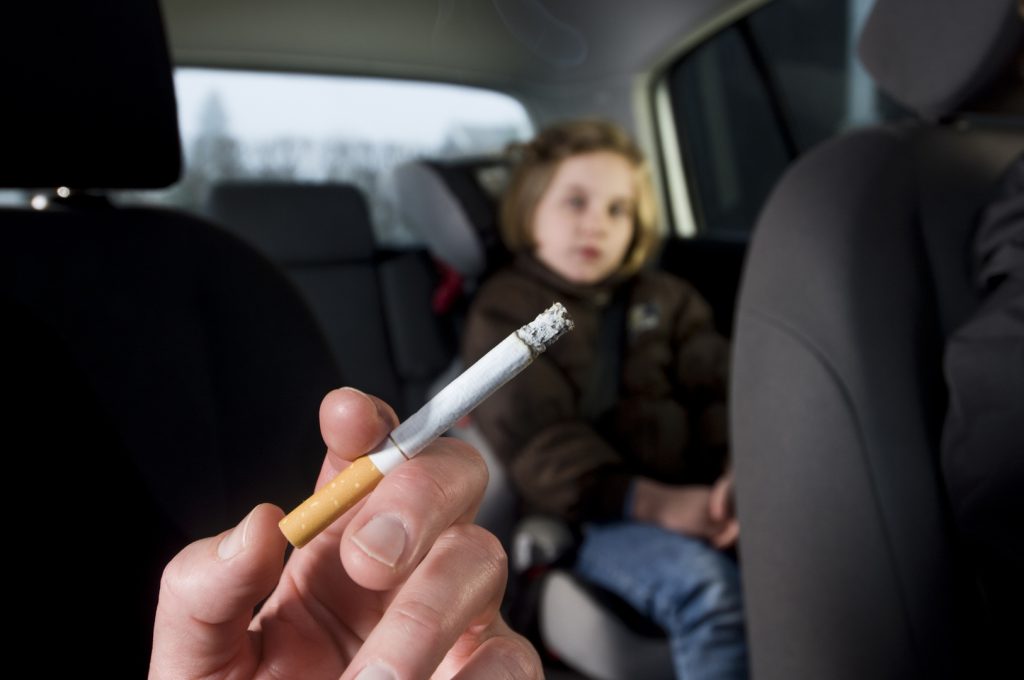A recent study found that fathers’ exposure to secondhand smoke during childhood may permanently weaken lung function in their children, increasing the risk of chronic obstructive pulmonary disease (COPD).
This risk worsens if the children themselves are also exposed to secondhand smoke during their childhood. The findings highlight the multi-generational harms of smoking, urging parents to break this harmful chain by avoiding smoking around their children.
COPD includes chronic bronchitis and emphysema, and is now the third leading cause of death globally, causing about 3 million deaths annually.
Analysis of data from 890 parent-child pairs showed that over two-thirds of fathers (69%) and more than half of their children (56.5%) were exposed to secondhand smoke during childhood. By middle age, over 5% of the children had developed COPD.
After adjusting for potential confounding factors, fathers’ childhood exposure to secondhand smoke was associated with a 56% increase in the likelihood of reduced lung function in their children across different life stages. The risk of developing COPD by age 53 doubled among children of fathers exposed to secondhand smoke.
Alarmingly, children whose fathers were exposed to secondhand smoke during childhood were twice as likely to have reduced lung function if they themselves were also exposed to secondhand smoke during childhood.
Researchers explain these findings by noting that the pre-pubertal period is particularly critical for boys, as exposure to harmful substances can cause changes in gene expression and repair mechanisms that may be passed across generations.
The researchers conclude: “These findings suggest that smoking may negatively affect lung function not only in smokers but also in their children and grandchildren… Parents who were exposed to secondhand smoke during childhood can reduce risks for future generations by avoiding smoking around their children.”














Recommended for you
Talib Al-Rifai Chronicles Kuwaiti Art Heritage in "Doukhi.. Tasaseem Al-Saba"
Exhibition City Completes About 80% of Preparations for the Damascus International Fair Launch
Unified Admission Applications Start Tuesday with 640 Students to be Accepted in Medicine
Egypt Post: We Have Over 10 Million Customers in Savings Accounts and Offer Daily, Monthly, and Annual Returns
His Highness Sheikh Isa bin Salman bin Hamad Al Khalifa Receives the United States Ambassador to the Kingdom of Bahrain
Al-Jaghbeer: The Industrial Sector Leads Economic Growth